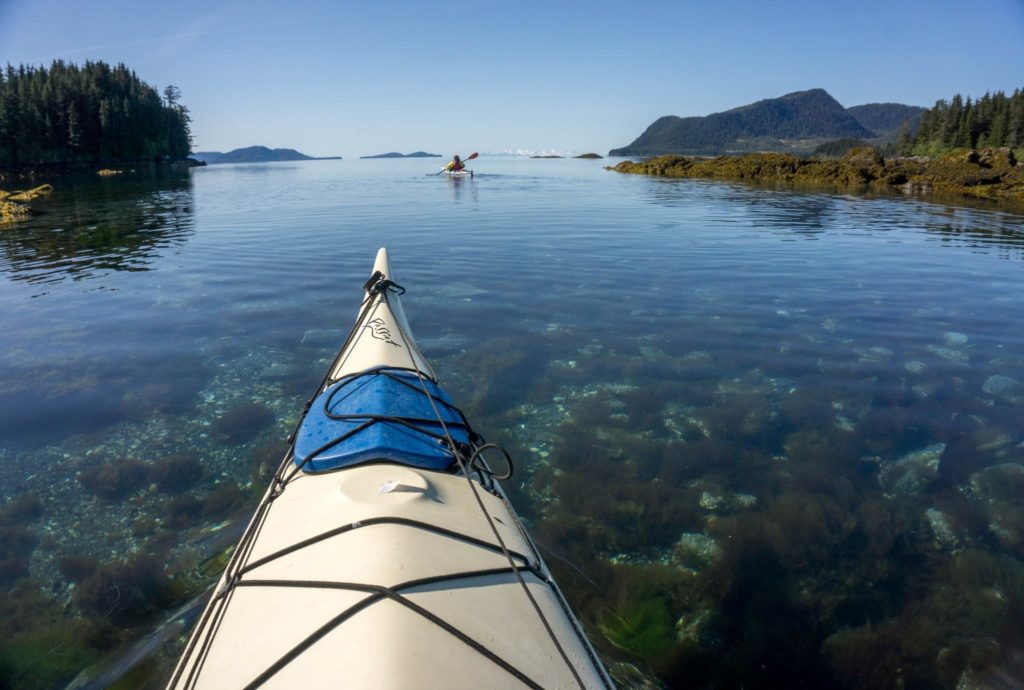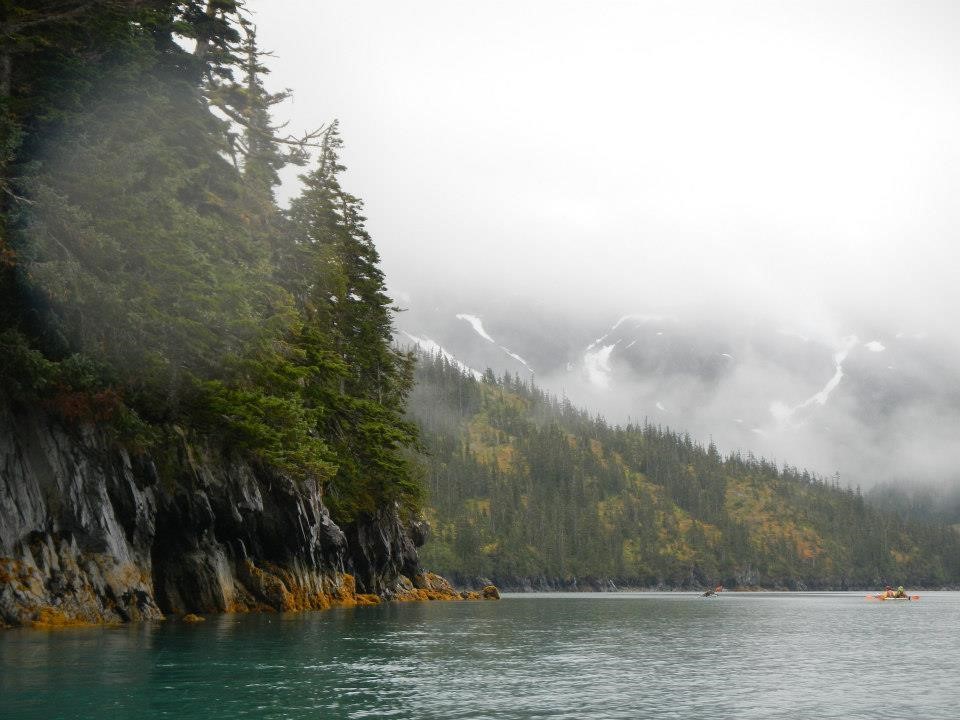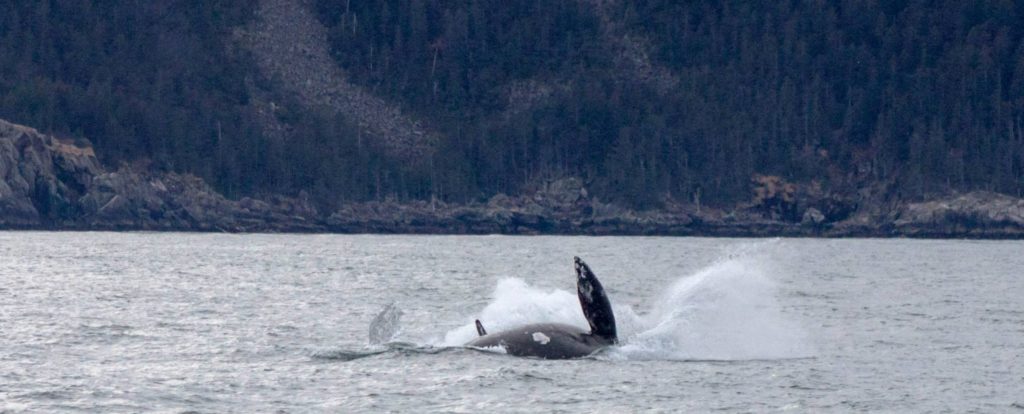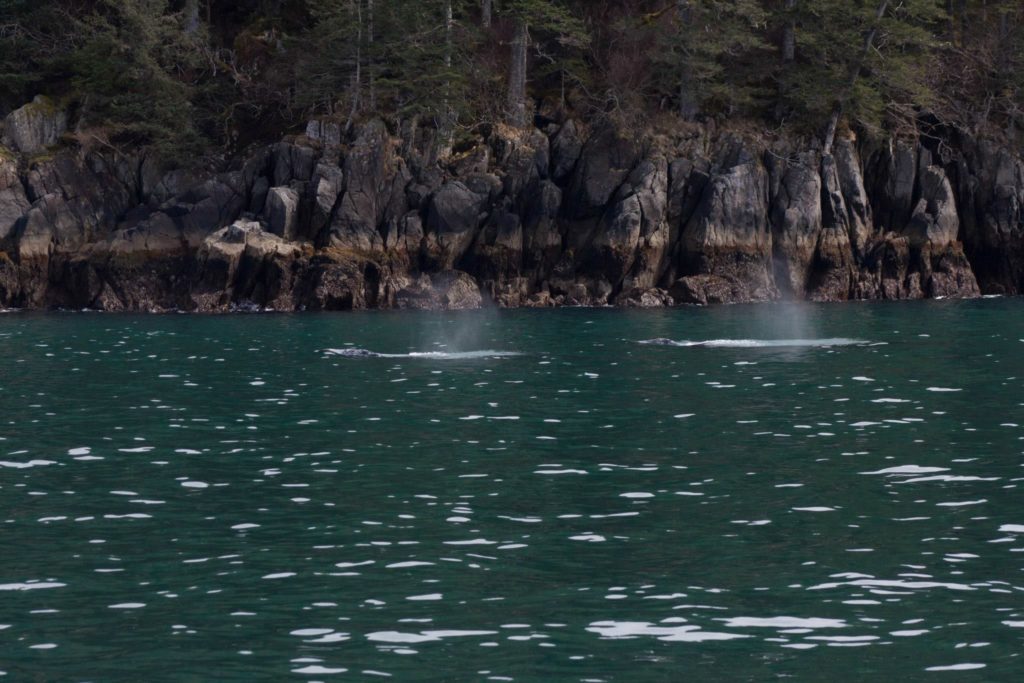
Prince William Sound
By Kevin Enriquez
M.S. Outdoor & Environmental Education
I was sitting on a downed tree in the middle of a birch forest outside of the Kellogg Farm School reading my Outdoor and Environmental Education Literacy assignment for the day:
Task 1) “Find a quiet place outside to sit down”…done,
Task 2) “Define friluftsliv”…easy,
Task 3) “Try to remember the first time you ever experienced friluftsliv”…this may require a bit more time.
Friluftsliv roughly translates somewhere between “free air life”, “freedom to roam”, or “all men’s right” in Norwegian. It is a philosophical practice that connects humans to nature. I like to think of this as the moment humans are awe-inspired and are reminded just how little we are connected to the natural world. I have only had a few of these experiences, so it seemed relatively easy to recall my “first” experience of friluftsliv: It was during an overnight trip with the Introduction to Sea Kayaking Course at Alaska Pacific University.
We had paddled roughly eight miles out of Seward into the Prince William Sound the first day. I was on breakfast and coffee duty for my tent group the following morning. As I reluctantly left my sleeping bag and slipped out of my frost covered tent I began to light my Whisperlite stove to heat some water. My fingertips were numb, the air was freezing my nostrils, but the morning fog was slowly clearing from the water’s surface and a plethora of glaciers and waterfalls began to come into sight. The tide sloshing against the black stones along the beach and the slight hiss from the Whisperlite were the only sounds within the area – for a moment I forgot I was not alone.
As I transferred the boiling stove water into the coffee cups the Sound began to wake up. The sunlight had pierced the fog, the waterfalls echoed across the bay, eagles began to rustle within the forest behind my tent, and I slowly noticed the sound of water spurting into the air. By the time I traced the sound of this spurting water, I caught a glimpse of a pod of whales making their way along the center of the cove. One whale had just finished breaching and a second whale’s dorsal fin rose above the surface of the water – my eyes were fixed to their every movement. I noticed my nostrils were no longer cold because I had stopped breathing, thinking the sound would for some reason alarm the whales of my presence. It was in this moment that I recall thinking that the world needs these wild places that can both inspire wonder and ruthlessly devour our misconceptions of nature with sublime indifference.
Back at the Kellogg Farm I noticed my fingertips were cold from holding my pen as I daydreamed. I see a classmate walk by informing me the class exercise was complete and it was time to go inside. I looked down at my notebook and realize I have written nothing for Task 3. Maybe I have never actually experienced traditional friluftsliv, maybe this experience was the first time I listened to the silence inside the illusion of the world – a glimpse into a lesson that society has forgotten. That we are all part of one vast awakening thing: nature.

Prince William Sound

Prince William Sound

Prince William Sound
